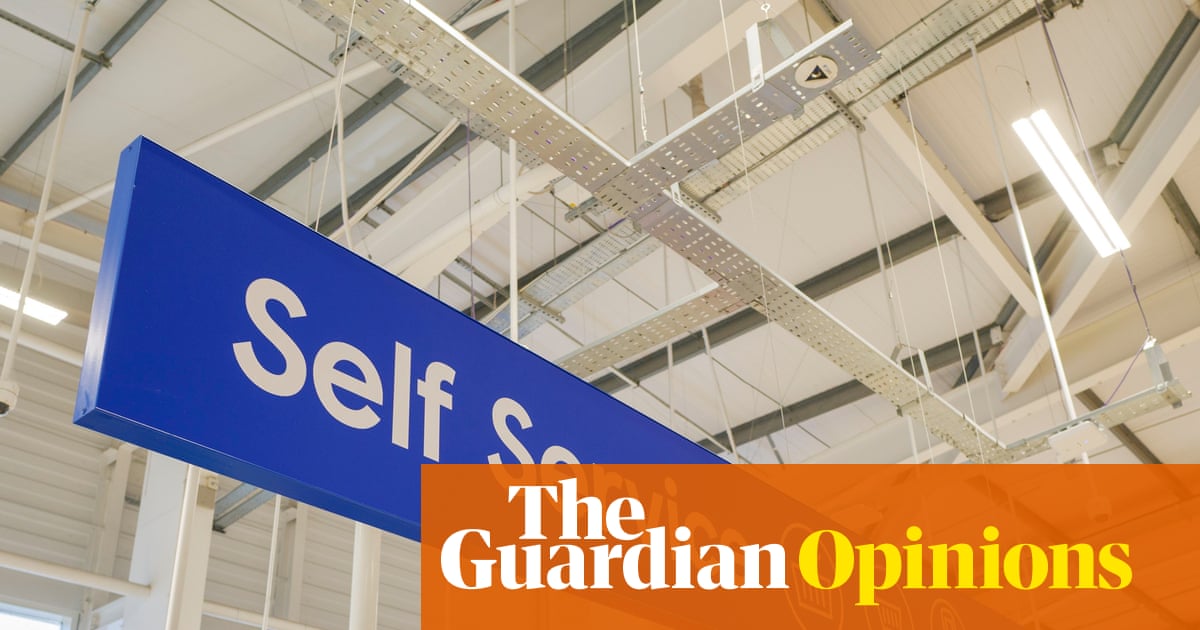
"Most of the mooted explanations have been largely practical driverless taxis are proven to be safer (until the machines rise up as one and wipe out humanity). They can't be over the limit, on their phone at the wheel or give in to road rage. And yes, these are technically valid reasons, but come on. The real answer, which no one is admitting, is that driverless taxis mean we don't have to talk to anybody."
"We exist in a time when the majority of Britons would rather receive a text than a phone call. So many salons, all over the globe, now offer silent haircuts where it's pre-agreed there will be no chat that they barely register as unusual any more. Self-service checkouts the driverless taxi of the supermarket are more labour intensive, more annoying, yet still exceptionally popular. Keeping stumm now seems to be our society's raison d'etre."
A confusing San Francisco study found widespread public acceptance of driverless taxis, with many willing to pay fifty percent more and endure longer waits. Practical explanations include improved safety, elimination of drunk or distracted driving, and reduced road rage. A stronger driver is social avoidance: people value not having to converse with drivers. Broader cultural trends reinforce this preference, including a shift toward text over phone calls, silent haircuts, and the popularity of self-service checkouts. Individuals routinely avoid small social requests, preferring technological or solitary solutions even when more burdensome.
Read at www.theguardian.com
Unable to calculate read time
Collection
[
|
...
]